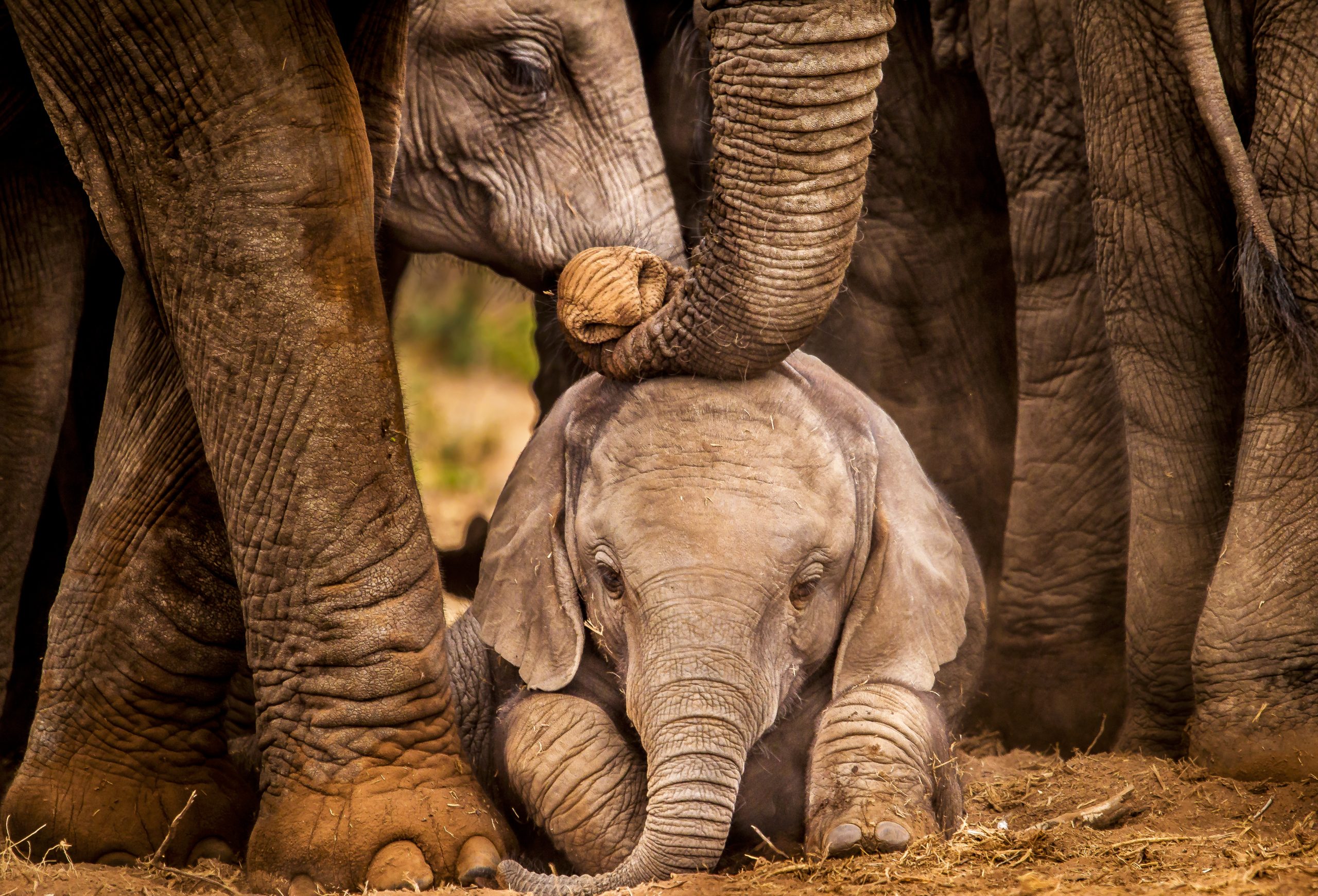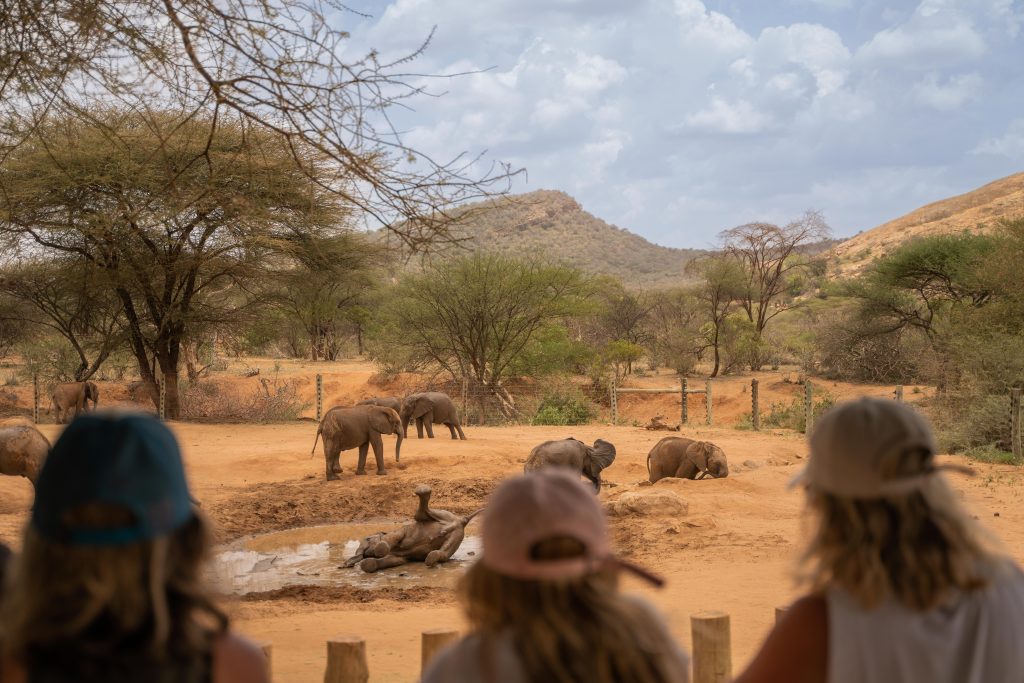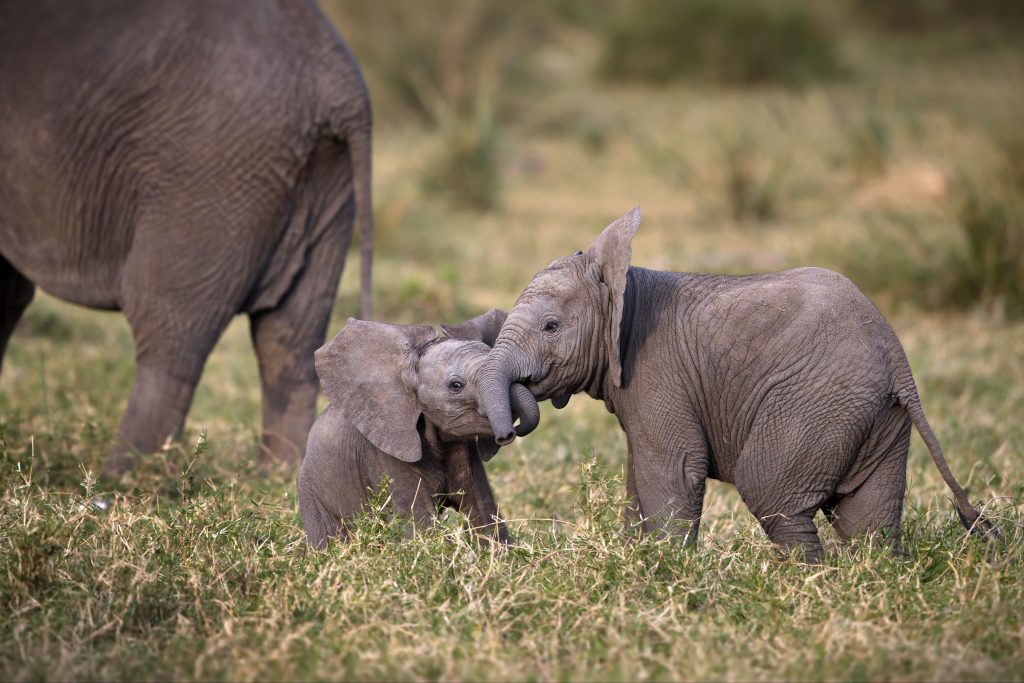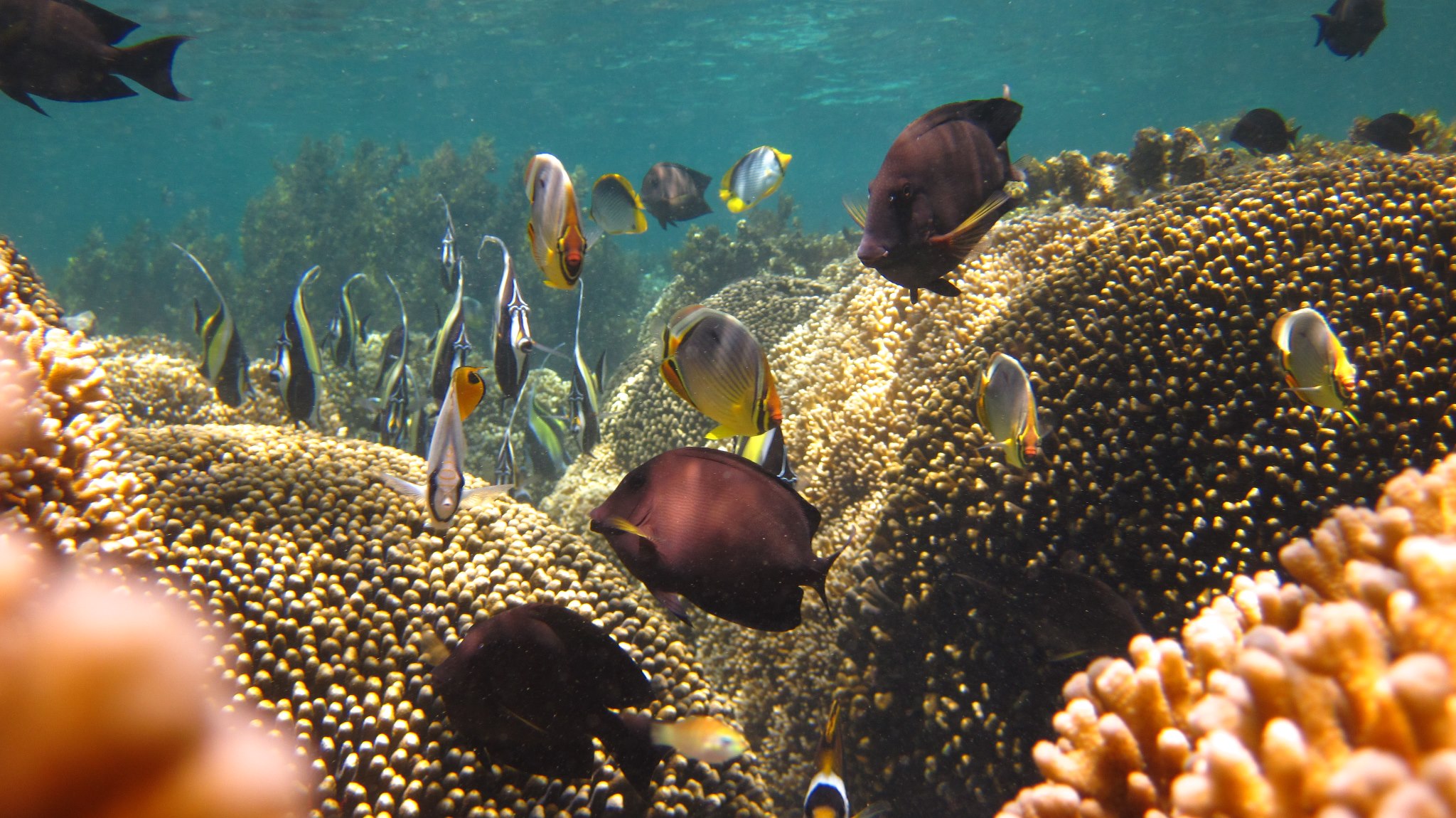
Kenya is home to some of Africa’s most iconic and intelligent creatures—elephants. These gentle giants roam the savannahs, forests, and drylands of the country, playing a vital role in shaping ecosystems and inspiring awe among those lucky enough to encounter them. But despite their cultural and ecological importance, elephants face growing threats from habitat loss, human-wildlife conflict, and poaching. Fortunately, Kenya is also at the forefront of global elephant conservation efforts, with a range of innovative, community-led, and science-driven initiatives dedicated to protecting them.

Why Elephants Matter
Elephants are known as a keystone species. Their movements across the land help shape landscapes—clearing paths, dispersing seeds, and even creating waterholes used by other animals. They are also deeply social and intelligent, living in tight-knit matriarchal herds and demonstrating behaviours such as empathy, mourning, and problem-solving.
Protecting elephants means protecting the broader ecosystems they support, and by extension, the species that rely on those ecosystems.
The Threats They Face
Despite their importance, Kenya’s elephants are under threat. Key challenges include:
- Habitat loss and fragmentation due to agriculture, infrastructure development, and expanding human settlements.
- Human-wildlife conflict, especially in areas where elephants raid crops or damage property.
- Poaching, although significantly reduced in recent years thanks to strong anti-poaching efforts and global ivory bans.
According to the Kenya Wildlife Service, the country’s elephant population has increased in recent years thanks to conservation efforts, but the battle is far from over.
Key Players in Elephant Conservation
Kenya is fortunate to have a number of world-renowned organisations and community-driven initiatives working to safeguard its elephants:
Save the Elephants (Samburu)
Founded by renowned elephant researcher Dr. Iain Douglas-Hamilton, Save the Elephants operates in northern Kenya and is dedicated to securing a future for elephants through cutting-edge science and fieldwork. Their team tracks elephant movements, studies behaviour, and advocates for habitat corridors. Visitors to Elephant Watch Camp in Samburu can witness this work first-hand, guided by experts trained by the Save the Elephants team.
Reteti Elephant Sanctuary (Namunyak Conservancy)
Reteti is the first community-owned elephant sanctuary in Africa, run by and for the local Samburu people. It rescues and rehabilitates orphaned and injured elephant calves with the goal of releasing them back into the wild. The sanctuary empowers local communities, especially women, to be part of conservation while providing a safe haven for elephants in need.
Sheldrick Wildlife Trust (Nairobi, Tsavo)
Perhaps the most famous elephant conservation project in Kenya, the Sheldrick Wildlife Trust is known for its pioneering orphaned elephant rescue and rehabilitation programme. Starting with rescued baby elephants in Nairobi, the trust eventually relocates older orphans to reintegration centres in places like Ithumba, where they gradually rejoin wild herds.

Community-Led Conservation: The Future of Wildlife Protection
One of the most powerful shifts in conservation has been the rise of community-owned conservancies. In Kenya, local communities now manage vast areas of land where wildlife can roam freely and safely, benefiting from tourism income, job creation, and conservation training.
Projects like Reteti and the Northern Rangelands Trust show how conservation works best when local people are the custodians of their land and wildlife.
How You Can Support Elephant Conservation
Travel is one of the most powerful tools for conservation when done ethically and intentionally. By visiting Kenya with organisations and operators that support local communities and conservation efforts, you become part of the solution.
- Join purpose-driven safaris that stay in community-run lodges and support on-the-ground conservation initiatives, like those featured in our Walking Wild Itineraries, which funnel profuts back into elephant conservation.
- Support responsible travel companies, whether its us or another organisation, there are plenty supporting ethical and low impact lodges and local travel companies. Make sure you book through a reputable company
- Spread awareness, share stories, and follow organisations doing the work.
Travel with Purpose: Our Elephant Conservation Safari
At Walking Wild Africa, we offer an immersive Elephant Conservation Safari through Kenya, including:
- 3 nights at Elephant Watch Camp in Samburu, learning from guides trained by Save the Elephants researchers.
- A visit to Reteti Sanctuary to meet the caregivers and the orphaned calves.
- 3 nights at Ithumba Camp in Tsavo East, where you’ll witness the final stages of elephant rehabilitation with the Sheldrick Wildlife Trust.
Profits from this journey is donated back to elephant conservation organisations, helping to protect these incredible animals for generations to come.

Elephants are not just a symbol of wild Africa—they are vital, emotional, intelligent beings whose survival depends on our collective efforts. Whether through science, community leadership, or responsible tourism, Kenya is showing the world how conservation can succeed.
And when you walk wild with us, you become part of that success story.


